Scenes From Avaya Americas Partner Conference

Avaya welcomed about 950 attendees from approximately 320 VAR, distributor and system integrator partners to its 2010 Avaya Americas Partner Conference at the Gaylord Opryland in Nashville, Tenn. On tap were three days of discussion about Avaya's revamped channel program, Avaya Connect, how it's advising partners to place bets for 2010 in the areas of unified communications and IP telephony, and how to gear up for a still-not-yet-finished acquisition of Nortel's enterprise business.

In his first keynote to Avaya partners since taking the company reins in January, Avaya's President and CEO Kevin Kennedy said that Avaya's pending acquisition of Nortel's enterprise business would accelerate Avaya's channel plans significantly. If all goes well, he suggested, Avaya will be an 85 percent indirect sales company within two years -- half the time it would take, he estimated, if Avaya was continuing to push its channel agenda without Nortel's assets.
"Our channel focus is not a sales strategy, it's a company strategy," Kennedy said during an opening keynote to the 950 or so partners attending the conference. "We realize we have a long way to go to be what we think we need to be in the industry. Pending the Nortel acquisition, we expect another increase in relevance."
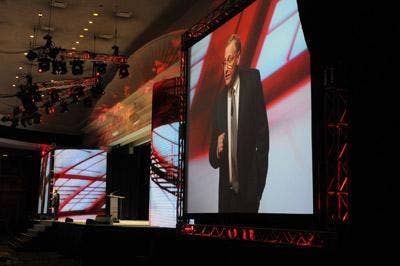
Kennedy further described 2009 as a "year of survival" for IT businesses, and that the strategic investments Avaya's made to embrace and grow its channel had paid off with incremental market share gains and quarterly increases in revenue, gross margin, EBITDA and cash balance throughout the year.
Kennedy praised his predecessors in Avaya's management team, but also made it clear there's a new sheriff in town -- Avaya's previously "siloed" approach to channel management, especially, is a thing of the past.
"The executive staff was doing a very admirable job," Kennedy said. "Sometimes you can be so focused on your function or silo, the work required to get things across silos wasn't happening. Managing transitions in the past was not effective; there was too much 'silo-ism' and a lack of communication."
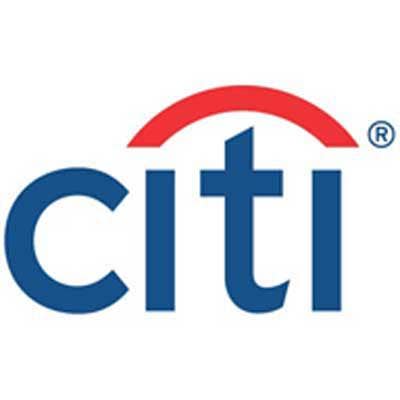
Avaya Senior Vice President and President of Field Sales Todd Abbott was bullish on Avaya's growth plans and said that the successful acquisition of Nortel's enterprise unit would bring Avaya to about $6 billion in annual revenue, with a worldwide staff of between 15,000 and 20,000, including up to 1,100 new Nortel salespeople.
Abbott also was among Avaya executives that acknowledged past channel mistakes.
"I hope we've gained some credibility with you," he said. "We are dead serious about channel-centric. You don't have to tell me we are not the best marketing company. I already know. We know we have to get better at this."

Jeremy Butt, Avaya's vice president of worldwide channels, told solution providers that the days of Avaya being a too-complex, difficult-to-navigate channel vendor are over. He said that Avaya's new global channel program, Avaya Connect, would allow Avaya to better reward its most loyal partners and compete better on a global scale.
"We just don't have that ability today to react quickly to the marketplace," Butt said. "We've given the competition a pretty hard time over the past few quarters -- we've taken share and done so in a relatively complex environment. If we can make faster plays and more aggressive moves, it's net better for all of us."
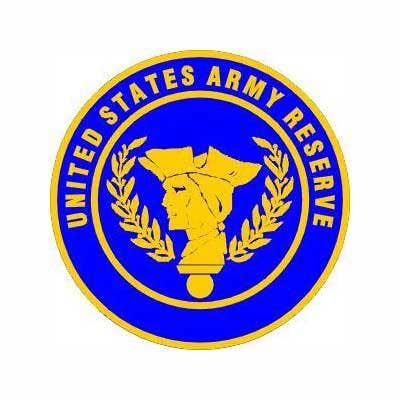
Butt acknowledged that Avaya's channel programs have been confusingly organized in the past, with too many different price lists and training options for VARs and integrators who want things kept simple. He also said that Avaya had a long way to go toward improving relationships with its channel partners that had been burned by direct sales-indirect channel conflict in the past.
"Given that we can't get much harder to do business with, I think we'll make improvements on that," Butt said.

Avaya's services businesses are a key piece of its growth strategy. According to CEO Kennedy, Avaya's services now account for more than 50 percent of gross margin.
Chris Formant (pictured), senior vice president and president of Avaya Global Services, examined some of the ways Avaya planned to build out that strategy, including offering VARs the ability to sell Avaya managed services under private label.
"Thirty five percent of all infrastructure is in the managed [model] today, and according to analysts, that'll more than double over the next few years," Formant said. "We want to deliver a very competitive, differentiated managed services offer that's completely partner-enabled. We are not in the direct managed services business any longer. We are not offering it, we are not promoting it, we're essentially out of that business. It's pure partner-enabled."

Carol Giles Neslund, Avaya's North American channel chief, is among several key Avaya executives to have joined the company within the past year and a half. Throughout the conference, she sought to assuage concerns from partners that the integration of Nortel's portfolio would cause major disruption in Avaya's channels.
"Any time there's change, there's a lot of concern about change just for change's sake," she said in an interview with Channelweb.com. "Todd engaged in a full hour Q&A with [Nortel partners], and we were as detailed as we could possibly be. I think they left that room understanding that we're very mindful of the operating model. It's important to us that Nortel customers are comfortable, and we're not looking to do anything to disrupt or turn partners away. It's got to be one big ecosystem."

Javier Cuellar, pictured here with Butt, is channel chief for Avaya's CALA theater -- Caribbean and Latin American markets -- a big growth area for Avaya.
Butt said that CALA represented the largest year-over-year change in indirect vs. direct sales for the company has been there: 42 percent more Avaya sales through the channel between 2008 and 2009. (By comparison, Avaya's North America channel business had 11 percent more sales through the channel from 2008 to 2009.)

Bruce Mazza, director of branch solutions at Avaya, demonstrated the new midsize enterprise version of Avaya Aura, the virtualized unified communications platform Avaya is pushing as a major piece of its product strategy going forward.
"It allows us to take individual point products that would have had to ride on separate servers," Mazza told Channelweb.com before the conference. "Now using this technology, we can combine multiple applications together on a single server."
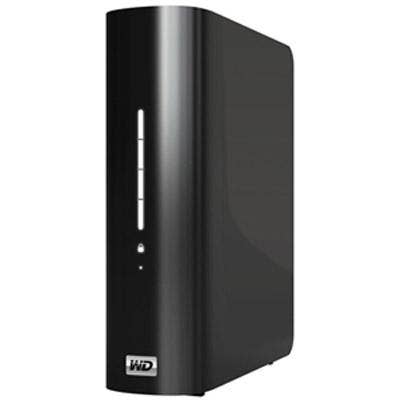
Small business IP telephony is another continued focus for Avaya, which last month debuted IP Office Release 5, its primary unified communications offering for SMBs.
Avaya offered demos of the system and copies of its small business UC guide on the conference expo floor. Among several additional features, Release 5 uses productivity applications and a call reporting application, Customer Call Reporter, both accessible via Web browser. It further offers support for third-party SIP phones, and in addition to the increased user capacity, conferencing capacity has doubled and now comes as two 64-party bridges.
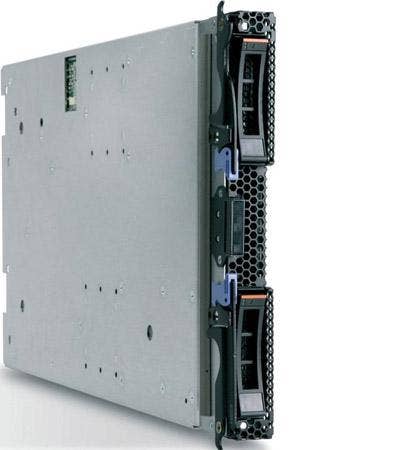
After a long few days of Nortel speculation and learning about Avaya's pledged channel focus, most attendees repaired to a rockin' party to close out the conference.
A house band consisting of former sidemen for Lynyrd Skynyrd, Boston, Toto and other bands kept things jumping, and several of those musicians were seen making the rounds well into the night ...
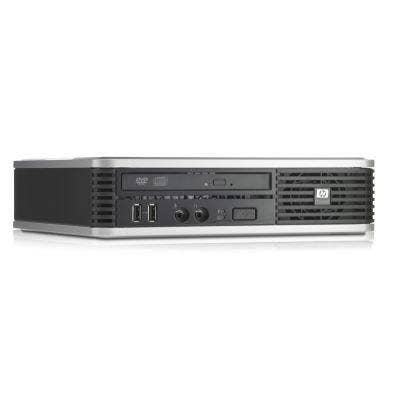
... especially at the Gaylord Opyrland's Jack Daniel's Saloon, responsible for more than a few bleary eyes on the final morning of the conference.